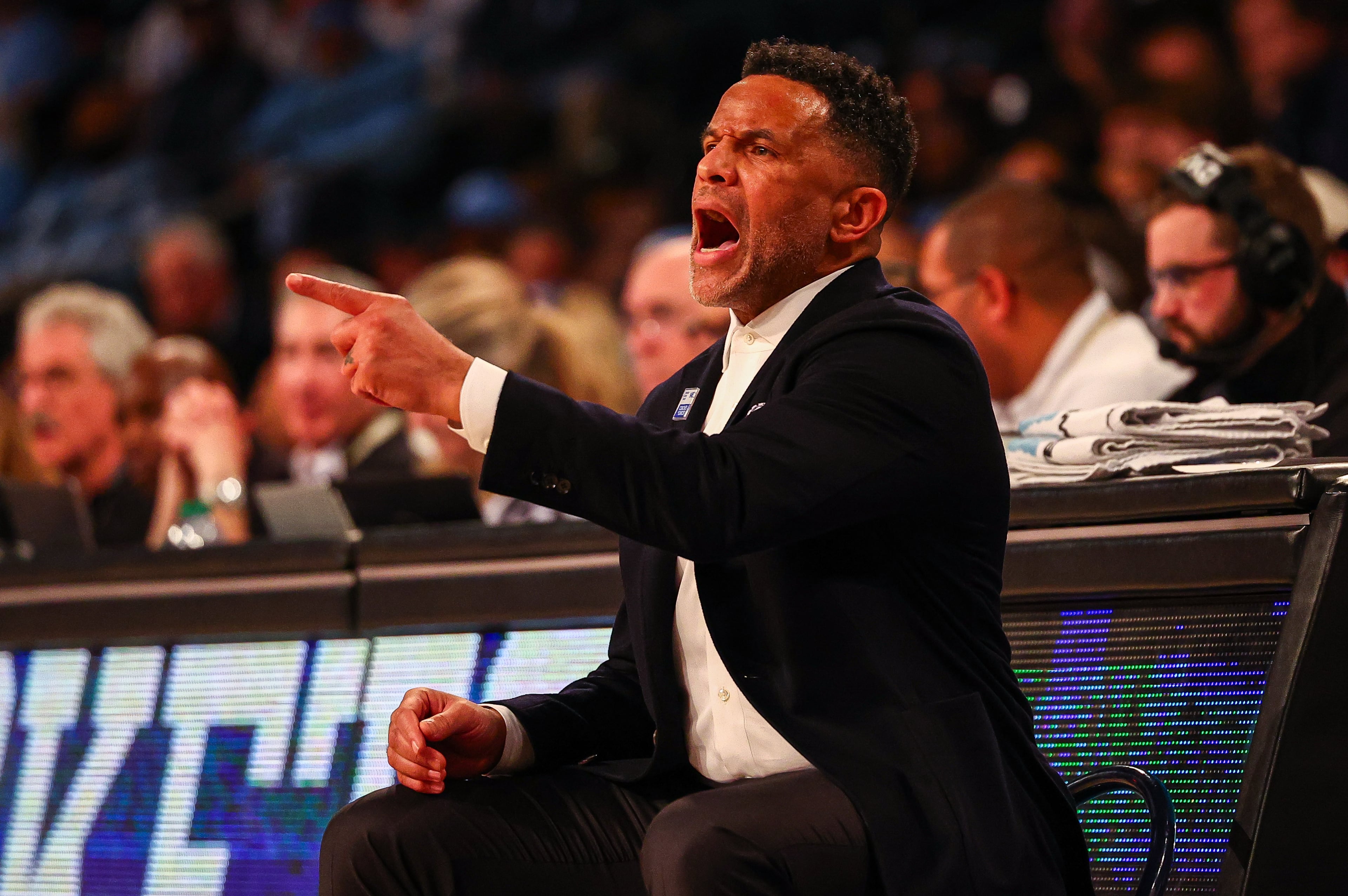Updates in store for Bobby Dodd Stadium in 2020

The oldest on-campus stadium among FBS schools will receive some touch-ups before the 2020 season. The Georgia Tech athletic department will install LED stadium lights among other possible projects in Bobby Dodd Stadium, athletic director Todd Stansbury told the athletic association board at its quarterly meeting Thursday.
“(The stadium lights) are probably about 10 years past their prime, and we finished the year with baling wire and duct tape,” Stansbury said.
The replacement of the stadium lights has already begun and is expected to be finished in time for the spring game. Other infrastructure projects are being planned.
“It’s going to be a nice refresh to the stadium,” Stansbury said. “So you can expect to see that in the fall.”
The expenditures are part of the athletic department’s $83.3 million in projected expenses in the budget for fiscal year 2020, which began July 1, 2019. The department is expected to run a deficit of $600,000, according to Marvin Lewis, associate AD for finance and administration.
That’s an improvement on the original projection of a $1.7 million deficit because of debt-service savings of $2.5 million from a bond refinancing in August. At the time, it was expected that those savings would enable the department to have a balanced budget for the year. However, those savings were offset by lower-than-expected revenues in ticket sales for football and men’s basketball, leading to the revised deficit of $600,000.
Revenues from ticket sales, TECH Fund, suites and club seats and concessions were down a combined $1.1 million against projections in large part because of shortfalls in ticket sales and attendance. The original budget called for total revenues of $84 million.
Average home football attendance in coach Geoff Collins’ first season was 44,599, compared with 43,087 in 2018, the final season of former coach Paul Johnson’s tenure. The average men’s basketball attendance through eight home dates is 5,663 with eight more home games remaining. The average was 5,945 last season.
Asked about distributions from the ACC with the launch of the ACC Network, Lewis said that the conference had not provided guidance. Revenues from the ACC for fiscal year 2020 are projected to be $31 million, compared with $27.9 million in fiscal year 2019, which ended June 30 of last year.
Stansbury also said that the athletic department is $10 million from reaching the $125 million goal for its capital campaign. The centerpiece of the campaign is a $70 million renovation of the Edge Center, the athletic department headquarters. In December, an anonymous donor issued a $10 million challenge grant which, if fully met, would cover the final $20 million for the project.
“It’s a huge tribute to our donors and how people feel about this program,” he said. “In my mind, I have always felt, once I could get it within $10 million, we’re going to be able to close this thing out because I just think that people can see the finish line.”
Two other projects, the second phase of a renovation of Russ Chandler Stadium and the women’s basketball locker room, will be ready to begin once the respective teams’ seasons end.



